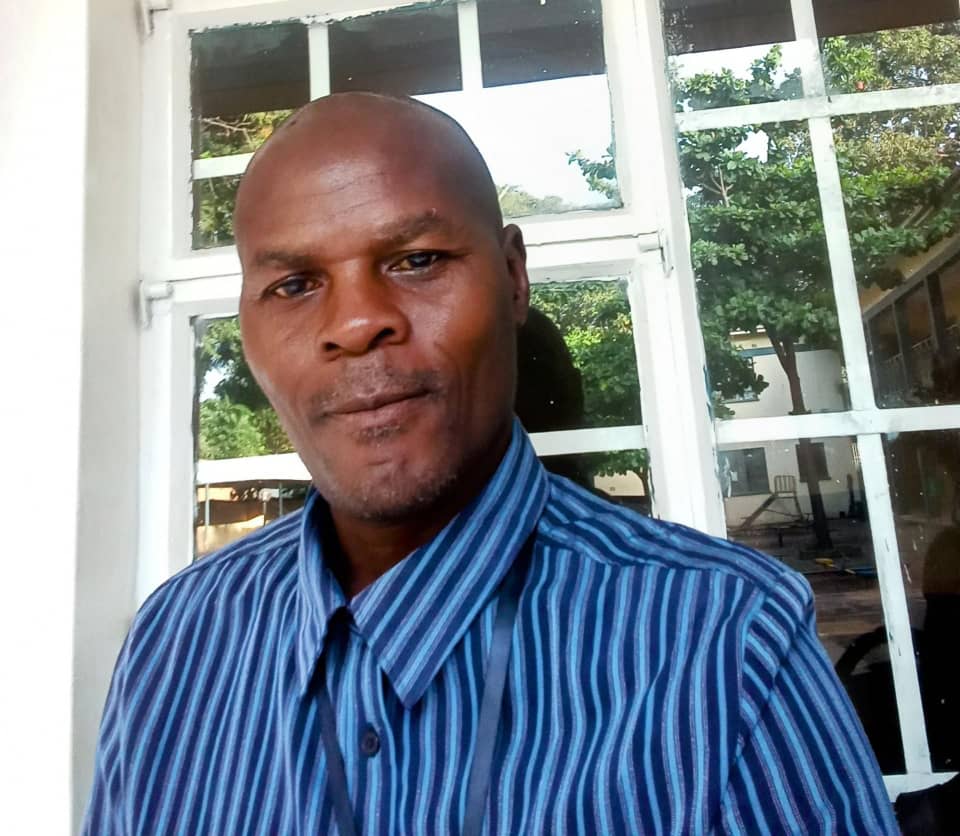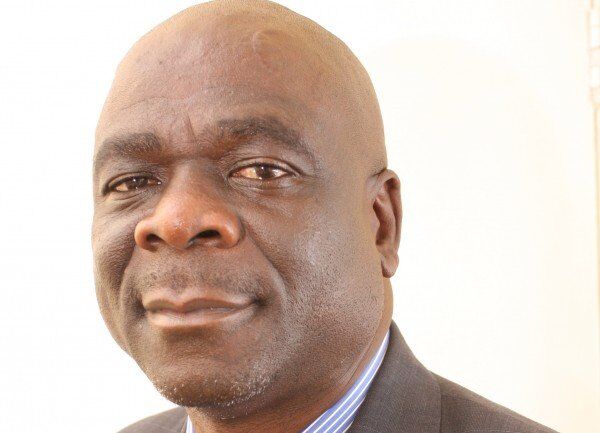By Vincent Gunde
The United States Government, through the Department of Government Efficiency, has officially announced the shutdown of the Millennium Challenge Corporation (MCC)—a development that has created panic among third-world countries like Malawi.
This abrupt decision has taken many African countries by surprise and signals more than just a bureaucratic change in Washington under the Trump administration, with Malawi standing directly in its path.
The closure of the MCC marks the end of one of the most impactful and performance-based foreign aid agencies the world has ever seen. Established in 2004, the MCC served as a model for countries that prioritized good governance and fought corruption.
The decision has halted both new and ongoing projects, resulting in the loss of financial capital, human capital, technical expertise, strategic planning, and the hope that came with every compact signed for infrastructure development.
The MCC has begun the process of winding down its operations in more than 40 countries, including Malawi, where politicians have often been accused of enriching themselves through corruption while the nation remains poor.
Only four countries—Mongolia, Ivory Coast, Senegal, and Nepal—have been granted temporary relief, with MCC continuing to fund projects there while closely monitoring corruption levels and governance issues.
The MCC was celebrated in the United States for being a model of bipartisan collaboration and was admired globally for its performance-based aid approach. Unlike traditional handouts, it partnered with countries that demonstrated good governance, transparency, and accountability.
In Malawi, the MCC’s first compact focused on reforming the energy sector by increasing power generation capacity and improving the stability of the national grid. The second compact targeted road infrastructure, aiming to boost regional trade and enhance internal connectivity. Many roads in Malawi were built thanks to MCC support—all of which has now come to an abrupt halt.
Political analyst Burnett Munthali, a patriotic Malawian, has voiced concern that no other donor can easily fill the gap left by the MCC. He warned that with the global economy under strain and shifting priorities, foreign aid can no longer be taken for granted.
Munthali urged the Government of Malawi to move swiftly to assess the damage, engage alternative partners, and start building self-reliance mechanisms that can shield citizens from future shocks, like the sudden closure of MCC programs.
“The abrupt closure of MCC may reflect changing priorities in the United States, but it also reminds Malawians of a deeper truth: that foreign aid, no matter how generous or well-structured, is not a permanent solution. It is a temporary partnership—and when it ends, we must be prepared to stand on our own,” he said.




